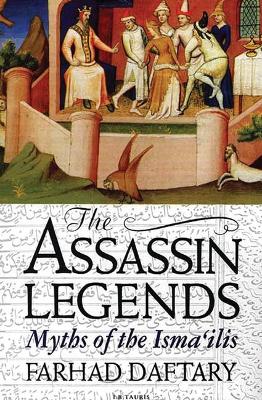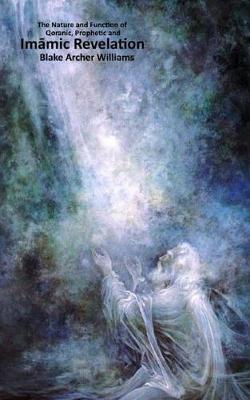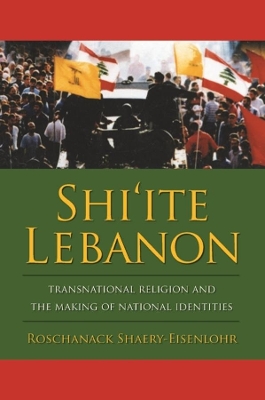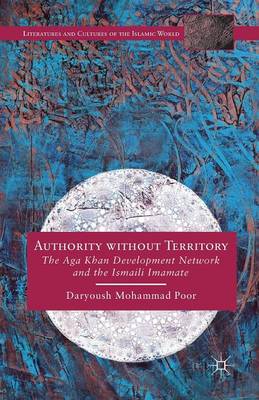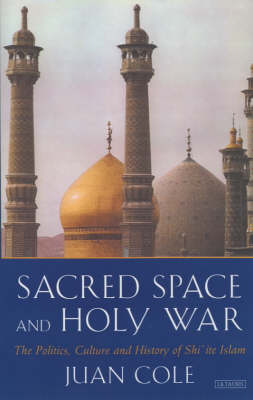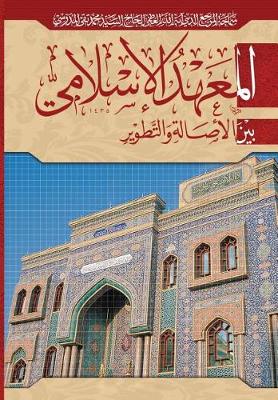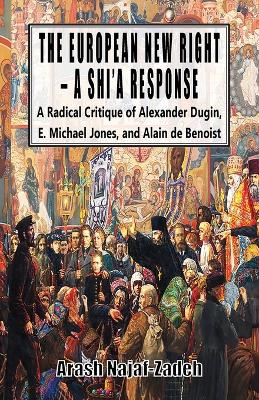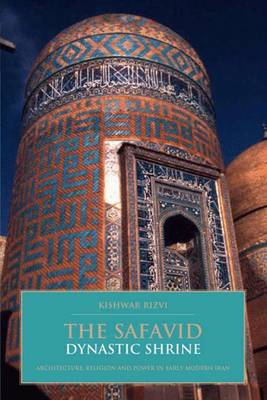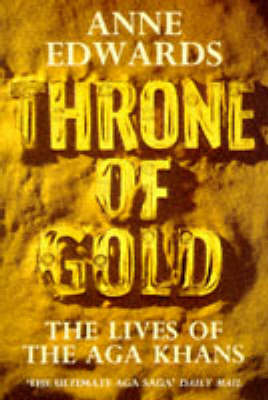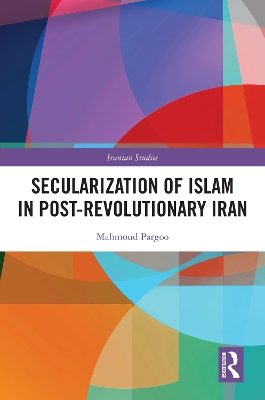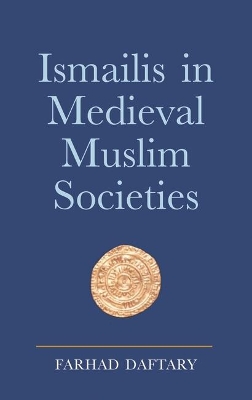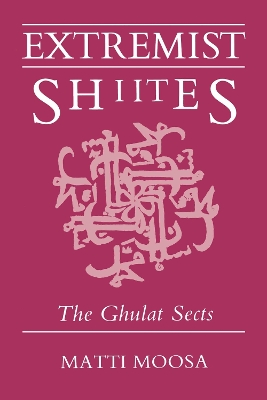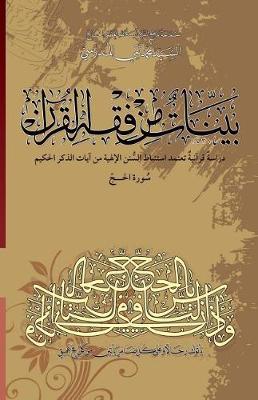For hundreds of years Westerners have been fascinated by stories of the Assassins, their mysterious leader and their remote mountain stronghold at Alamut in Northern Iran. The legends first emerged in the 12th and 13th centuries, when Crusaders in Syria came into contact with the Nazari Isma'ilis, one of the communities of Shi'ite Islam who, at the behest of their leader Hassan Sabaa (mythologized as the "Old Man of the Mountain"), engaged in dangerous missions to kill their enemies. Elaborated...
Imamic Revelation (Creedal Foundations of Waliyic Islam, #3)
by Blake Archer Williams
Shi'ite Lebanon (History and Society of the Modern Middle East)
by Roschanack Shaery-Eisenlohr
By recasting the relationship between religion and nationalism in the Middle East, Roschanack Shaery-Eisenlohr proposes a new framework for understanding Shi'ite politics in Lebanon. Her study draws on a variety of untapped sources, reconsidering not only the politics of the established leadership of Shi'ites but also institutional and popular activities of identity production. Shaery-Eisenlohr traces current Shi'ite politics of piety and authenticity to the coexistence formula in Lebanon and ar...
Authority without Territory (Literatures and Cultures of the Islamic World)
by Daryoush Mohammad Poor
Examining the connection between the concept of authority and the transformation of the Ismaili imamate, Authority without Territory is the first study of the imamate in contemporary times with a particular focus on Aga Khan, the 49th hereditary leader of Shi?a Imami Ismaili Muslims.
This volume sets out to answer the following questions: how is it that Shi'ite Muslims have set the agenda of political discourse in the Islamic world in recent years? Why have Shi'ites been at the forefront of Islam's reassessment of the West? In the past 300 years, Shi'ite Islam, already the state religion in Iran since the 16th century, has grown in Iraq, northern India and what is now Pakistan. Juan Cole examines Shi'ite Islam as a world religion that has faced modernity on its own terms. He...
The Shi'a of Lebanon have emerged in the last 20 years to become a major force in Lebanese politics having long been a marginalised political community. Rodger Shanahan's book examines the reasons behind this transformation from a largely rural population dominated by a handful of elite families, to an assertive sectarian force whose new found power is exemplified by the emergence of Shi'a parties such as Amal and Hizballah. In this highly useful study Shanahan explores the development of the Sh...
Al-Ghazali and the Ismailis: A Debate on Reason and Authority in Medieval Islam
by Farouk Mitha
The Safavid Dynastic Shrine (British Institute of Persian Studies)
by Kishwar Rizvi
The Safavid period represents an immensely rich chapter in the history of Iranian architecture. In this discussion of Safavid architecture in the context of its political, social and religious milieu, Kishwar Rizvi gives special consideration to the shrine of Shaykh Safi, built in AD 1334, as an important template for an emergent Safavid taste. Of both regal and religious significance, the shrine's direct relationship to imperial power is unique in Islamic architecture and provides valuable info...
The Aga Khan III, born in Karachi in 1877, was a dedicated anglophile and champion of the British empire, who took his religious duties seriously but, possessing no political territories of his own, became famous for his estates and private hotel suites in Europe, for his many European mistresses, and for his fabulous stable of racehorses in England, Ireland, France and India. Aly Khan, his son by his second wife, was a soldier, diplomat, businessman, playboy, amateur jockey and a fine judge of...
Commemorating the Battle of Karbala, in which the Prophet Mohammad's grandson Hosayn and seventy-two of his family members and supporters were martyred in 680 CE, is the central religious observance of Shi'i Islam. Though much has been written about the rituals that re-enact and venerate Karbala, until now no one has studied women's participation in these observances. This collection of original essays by a multidisciplinary team of scholars analyzes the diverse roles that women have played in t...
Few stand closer to the nexus of all major Islamic sects than Ja'far al-Sadiq (702-765). Not only is he revered by Twelver Shi'a Muslims, who regard him as the sixth infallible imam in the line of succession from the Prophet Muhammad, but he is cited as an authoritative figure in Sunni chains of hadith transmission, and is prominent in Sufi lineages of authority. He has also been heralded as a disseminator of occult sciences among esoteric groups, and in today's Iran a vibrant trade in herbal re...
Self Building an Islamic Guide for Spiritual Migration Towards God
by Ayatullah Ibrahim Amini
Secularization of Islam in Post-Revolutionary Iran (Iranian Studies)
by Mahmoud Pargoo
Examining the trajectory of the secularization of Islam in Iran, this book explains how efforts to Islamize society led, self-destructively, to its secularization. The research engages a range of debates across different fields, emphasizing the political and epistemological instability of the basic categories such as Islam, Sharia, and secularism. The volume is an interdisciplinary study of both the history of Islamic revival and Khomeini's very specific merger of Islamic law and mysticism. It...
Ismailis in Medieval Muslim Societies (Ismaili Heritage, v. 12)
by Farhad Daftary
A comprehensive treatment of Ismaili medieval history in its entirety. It will have great appeal to all scholars of medieval Islam. Farhad Daftary is one of the world's leading authorities on Ismaili history and literature. This important book, by an internationally acknowledged expert in Ismaili studies, introduces Ismaili history and thought in medieval times. Discussing the different phases in Ismaili history, it describes both the early Ismailis as well as the contributions of the later Isma...
Extremist Shi'ites (Contemporary Issues in the Middle East)
by Matti Moosa
Little is known in the West about the division of the Islamic world into Shiites and Sunnites and even less about the stratification of these two groups, with most of the attention going to the Sunnites. Moosa's comprehensive study of the origins and cultural aspects of the different extremist, or Ghulat, Shiite sects in the Middle East is a ground-breaking work. These sects whose 'extremism' is essentially religious are generally a peaceful people and, except for the Nusayris of Syria, are not...
Bayyenat Min Fiqh Al-Quran (Soorat Al-Hajj)
by Grand Ayatollah S M T Al-Modarresi Db
